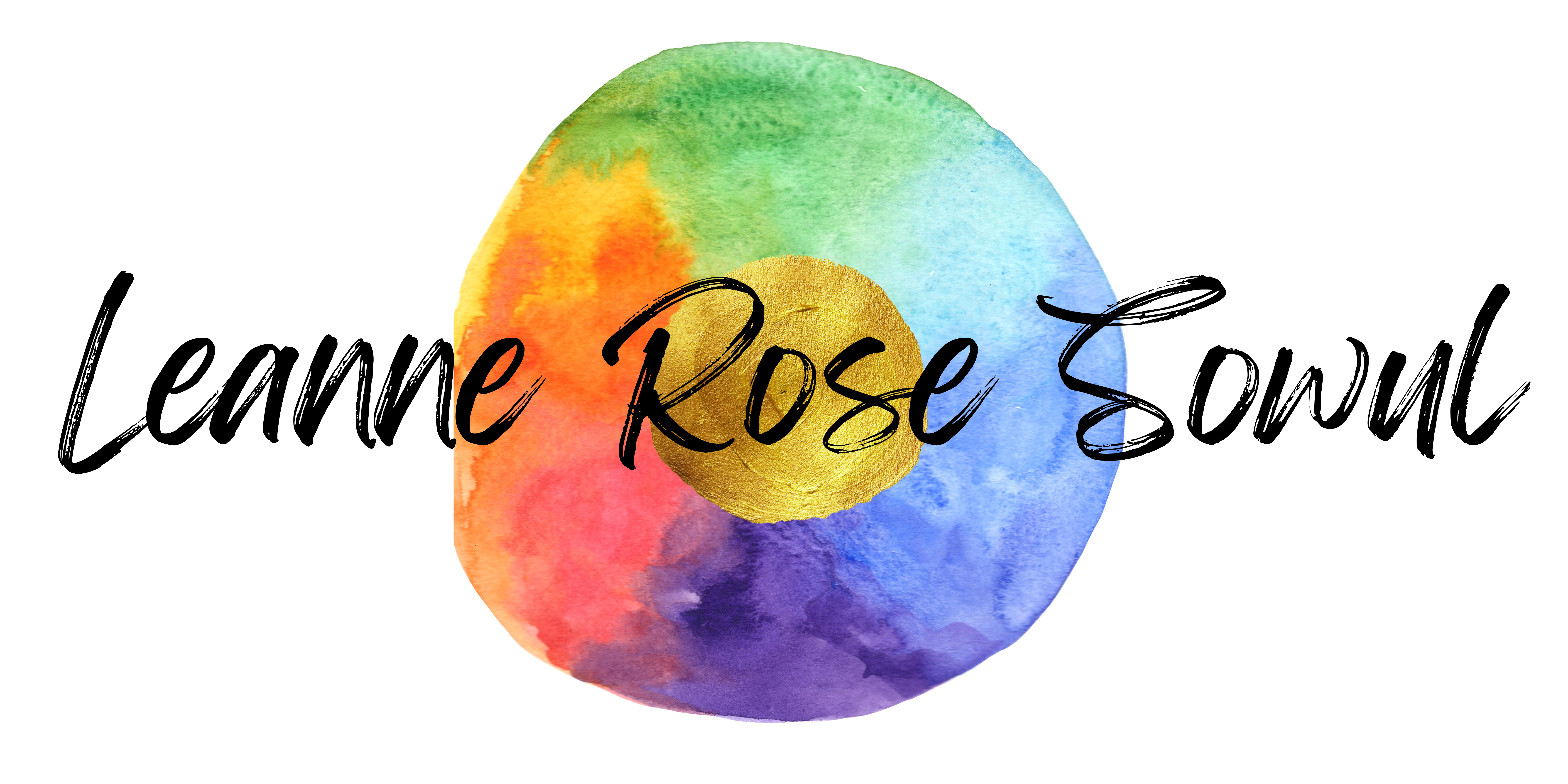For the first time since the creation of this blog, I’ve failed to reach my goal of posting three times a week, and I apologize. I’ve had a tough time writing this week, so my other projects took more time and creative energy than usual, and I didn’t feel any motivation to blog. I’ll do better next week. I can already feel the juices flowing again!
There, that’s my confession. Now let’s get on to John Grisham’s.
In recent years, Grisham has produced a string of literary novels, surprisingly well-written, out of his usual legal-thriller style (The Painted House, Playing for Pizza) and an excellent nonfiction expose of a wrongful death penalty case (The Innocent Man). He continues to write legal thrillers, however, and though I haven’t kept up with that genre the way I did several years ago (I really enjoyed The Runaway Jury and The Street Lawyer, in particular) I decided to check out The Confession.
In my assessment, it was a pretty typical Grisham legal thriller, infused with extreme passion against the death penalty. The story involves a young man, Donte Drumm, waiting for his execution on death row in Texas for the murder of a high school cheerleader, his classmate. His case has been built on an appalling lack of evidence and what appears to be blindness and idiocy on the part of the prosecution, the judge, the policemen, and the jury. His lawyer, Robbie Flak, has worked tirelessly to stay the execution, but is down to his last few days. Meanwhile, a few states away, a man recently paroled from prison shows up at the door of a minister, Keith Schroeder, and confesses to him that he is the real murderer. Keith believes him and wants to help. But how do a minister from Kansas and a very creepy convict convince the world of Donte’s innocence before he is executed?
The plot was interesting enough, and the clock-ticking device worked well. Most of the characters were decently fleshed-out, considering the large number of people to keep track of, and the way the story kept jumping between Kansas, Missouri and several cities in Texas. Grisham covered every aspect of the case, from the legal filings that went nowhere, to the televised appearances of the victim’s family, to the huge mobs in the streets protesting Donte’s execution. The ending was pretty predictable, but there were a few good twists along the way.
With all that said, there was one major point on which Grisham bothered me, and another on which he actually offended me. I was bothered by the fact that his passion against capital punishment was obvious to the point of self-indulgence. When tackling such a contentious issue, an author should give a reader something to think about, not force the issue down her throat. Every single villain in the story, other than the actual murderer, was either a government official or a government stooge who was pro-death penalty. Even the victim’s family was painted with little sympathy, while the protestors were portrayed as heroes even after burning down a church and setting off bombs in a school. I happen to agree with Grisham’s stance, but I still found it to be too much. I’m sure other readers would find it a complete turn-off.
So I finished the book, and was about to put it down when I caught sight of the author’s note, which included this, Grisham’s personal Confession:
“Some overly observant readers may stumble across a fact or two that might appear to be in error…. They should conserve paper. There are mistakes in this book, as always, and as long as I continue to loathe research, while at the same time remaining perfectly content to occasionally dress up the facts, I’m afraid the mistakes will continue.”
Wait, what??
Yes, I know this is fiction. Yes, I know that means the author should be allowed to create a story of his liking, in a world of his choosing, with the facts he wants to use, and the characters that serve his story best. But does that mean that writers should be careless with facts, particularly a writer whose typical style is a very factual delivery? This book is chock-full of legal information. I’m not saying that anyone should use it to write a research paper, but I don’t see why this information shouldn’t be accurate. And if Grisham “loathes” doing research, then what about the nonfiction book he wrote on this same subject? Should we be fact-checking that as well?
I guess this hits a nerve with me because I’ve already spent months doing research for my historical fiction novel, determined to do justice to the time and place in which it is set. I feel that readers deserve a realistic framework to any fiction that is historically, politically or socially based. Do I enjoy the research? Generally not. But I feel strongly about it, and so I do it anyway. I would appreciate it if other writers did the same for the books I read.
So The Confession left me with a sour taste, but it wasn’t the murder’s confession that put it there. It was John Grisham’s.


Jodi Picoult said that writers should not write what they know, but what they want to learn. Grisham may want to heed that advice. When I read a book that has an obvious factual error, I am immediately catapulted from my “suspension of disbelief” state, like my telephone ringing at the climactic point of a mystery. Mr. Grisham, do not destroy our reading experience with some literary laziness.
Thank you, Anonymous- your thoughts are expressed beautifully!
You’re welcome!!
I had a feeling this was you!